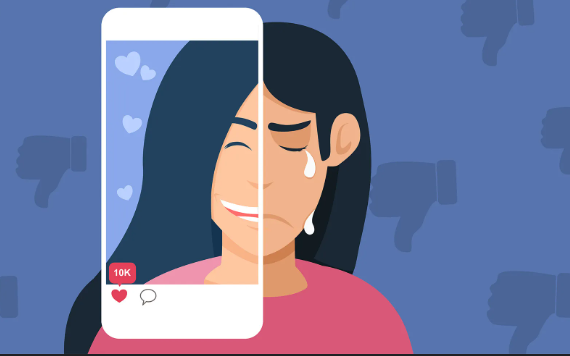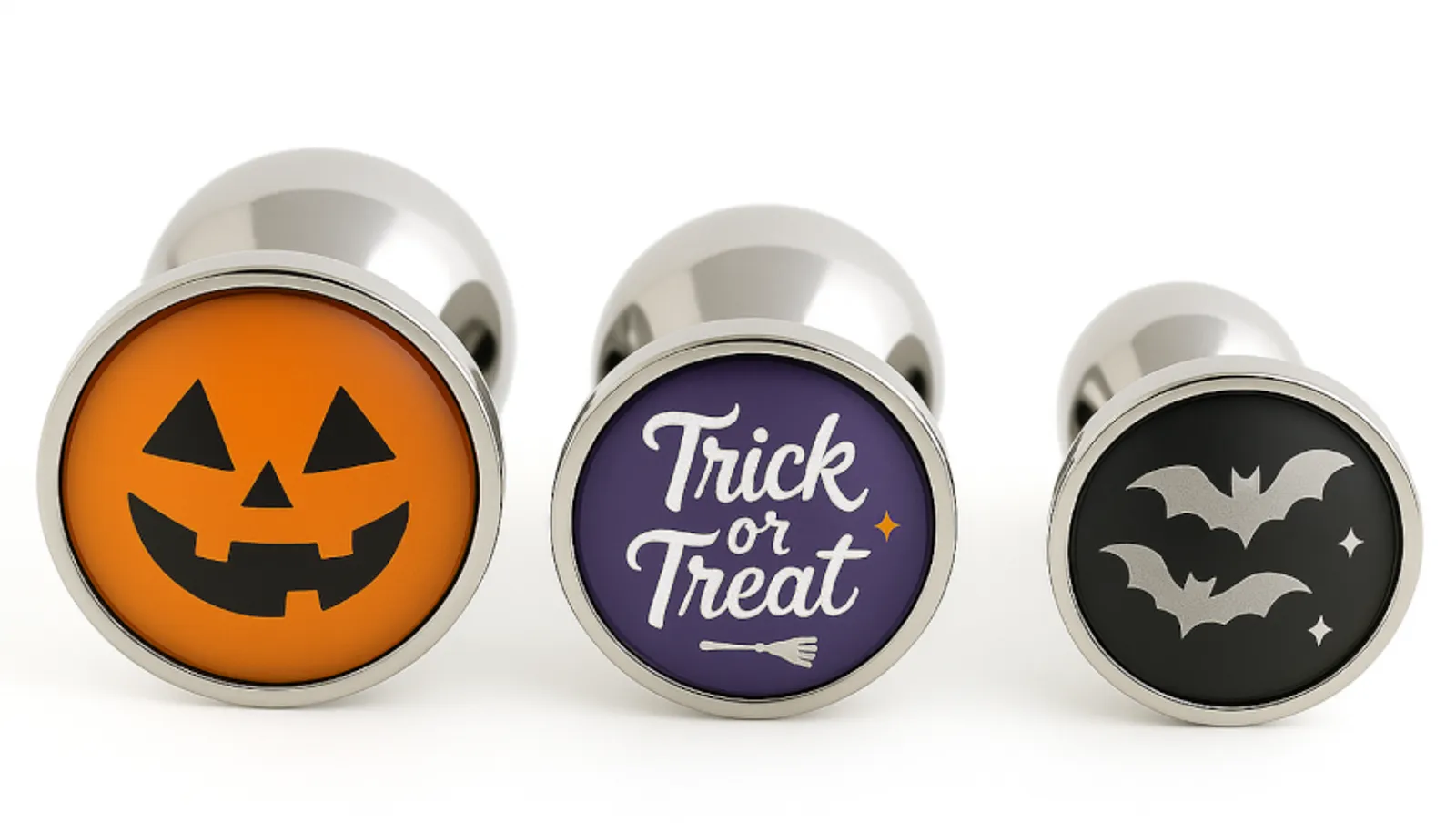Social media has transformed the way we connect, share, and interact with the world. While it can be a great tool for communication and inspiration, it often comes with a darker side: the insecurities it can trigger. From perfectly curated photos to endless success stories, social media can make anyone question their worth or feel like they’re not doing enough. But don’t worry — it’s possible to overcome these insecurities and build a healthier relationship with social media. Here’s how.

Understanding the Source of Insecurities
Before tackling insecurities, it’s important to understand where they come from. Social media is a highlight reel of people’s lives. What you see is often the best moments, carefully chosen and edited to look perfect. This can create unrealistic standards, making it easy to compare your reality to someone else seemingly flawless life.

Unrealistic Standards
Many influencers and celebrities set beauty, lifestyle, and success standards that are impossible for most people to achieve. From airbrushed skin to luxurious vacations, these posts can make you feel like you’re falling short. But remember: these are not true reflections of everyday life.
The Impact of Curation

Social media allows users to curate their content carefully. Most people only share the good moments — promotions, celebrations, and achievements — while leaving out struggles and failures. This selective sharing can create a distorted view of reality, making you feel like everyone else’s life is perfect while yours isn’t.
The Comparison Trap

Scrolling through feeds full of other people’s accomplishments and adventures can lead to constant comparisons. This can make you question your own value and create feelings of inadequacy. However, it’s important to recognize that comparisons are often based on incomplete and edited portrayals of life.
Recognizing the Signs of Social Media-Induced Insecurities
Sometimes, you might not even realize that social media is affecting your self-esteem. Here are some common signs:
Constant Comparison: You’re always comparing your life, appearance, or achievements to others.
Feelings of Inadequacy: After browsing social media, you feel like you’re not good enough.
Obsession with Validation: You’re overly concerned about likes, comments, and follower counts.
Mood Swings: Your mood is heavily influenced by what you see online.
If any of these resonate with you, it’s time to take steps to address these insecurities.
Strategies to Tackle Social Media Insecurities
1. Practice Mindful Consumption

The way you engage with social media plays a big role in how it affects you. Practicing mindful consumption can help you take control of your experience.
Set Time Limits: Limit the time you spend on social media to prevent overexposure. Use apps or features that track your usage and set daily limits.
Unfollow or Mute Triggers: If certain accounts make you feel bad about yourself, unfollow or mute them. Focus on following accounts that promote positivity and authenticity.
Take Breaks: Regularly step away from social media. Taking even short breaks can help you reset and gain perspective.
2. Focus on Self-Awareness and Self-Acceptance
Building self-awareness and self-acceptance can help you feel more confident and less affected by social media.
Identify Your Strengths: Write down your unique qualities and accomplishments. Reminding yourself of your value can help combat feelings of inadequacy.
Practice Gratitude: Focus on the positive aspects of your life. Gratitude journaling can shift your mindset and make you less susceptible to comparison.
Engage in Offline Activities: Pursue hobbies and interests outside of social media. Whether it’s painting, hiking, or volunteering, these activities can boost your confidence and provide fulfillment.
3. Control Your Social Media Environment

You have the power to shape your social media experience. Curating a positive environment can make a big difference.
Curate Your Feed: Follow accounts that align with your values and inspire you. Look for creators who share real, unfiltered content.
Avoid Unrealistic Content: Be cautious about engaging with content that promotes unattainable beauty or lifestyle standards.
Engage Thoughtfully: Focus on meaningful interactions rather than superficial ones. Comment on posts you genuinely enjoy and connect with people who uplift you.
4. Develop Healthy Digital Habits

Establishing healthy habits around social media can reduce its impact on your mental health.
Limit Scrolling During Vulnerable Times: Avoid social media when you’re feeling down, stressed, or tired. These moments make you more susceptible to negative influences.
Create a Schedule: Designate specific times for social media use. This helps you stay in control and prevents it from taking over your day.
Prioritize Real-Life Connections: Spend more time building relationships in person. Face-to-face interactions are often more fulfilling and meaningful than virtual ones.
5. Seek Support When Needed
Sometimes, overcoming social media insecurities requires help from others. Don’t hesitate to seek support when needed.
Talk to Someone You Trust: Share your feelings with friends or family members. They can provide reassurance and perspective.
Join Support Communities: Many online and offline groups focus on building self-esteem and addressing social media’s impact.
Consider Professional Help: If insecurities significantly affect your mental health, a therapist or counselor can help you develop coping strategies.
The Role of Social Media Platforms in Addressing Insecurities
Social media platforms also have a responsibility to minimize the negative effects they can cause. Here’s how they can contribute:
Promoting Transparency: Platforms should encourage users to disclose when filters or edits are used. This helps create more realistic representations of beauty and life.
Moderating Harmful Content: Social media companies can take steps to limit content that promotes unrealistic standards or harmful trends.
Supporting Positive Campaigns: Initiatives that promote authenticity, body positivity, and mental health awareness can help shift the culture of social media toward a healthier direction.
Conclusion
Social media can be both a blessing and a curse. While it connects us and provides endless inspiration, it can also trigger insecurities and self-doubt. By understanding the sources of these insecurities, recognizing their signs, and taking proactive steps to address them, you can build a healthier relationship with social media.
Remember, you have the power to control your experience. Curate your feed, practice self-awareness, and prioritize real-life connections. And when in doubt, step back and remind yourself that social media is just a tool — not a measure of your worth. Embrace your individuality and focus on what truly matters: your happiness and well-being.







